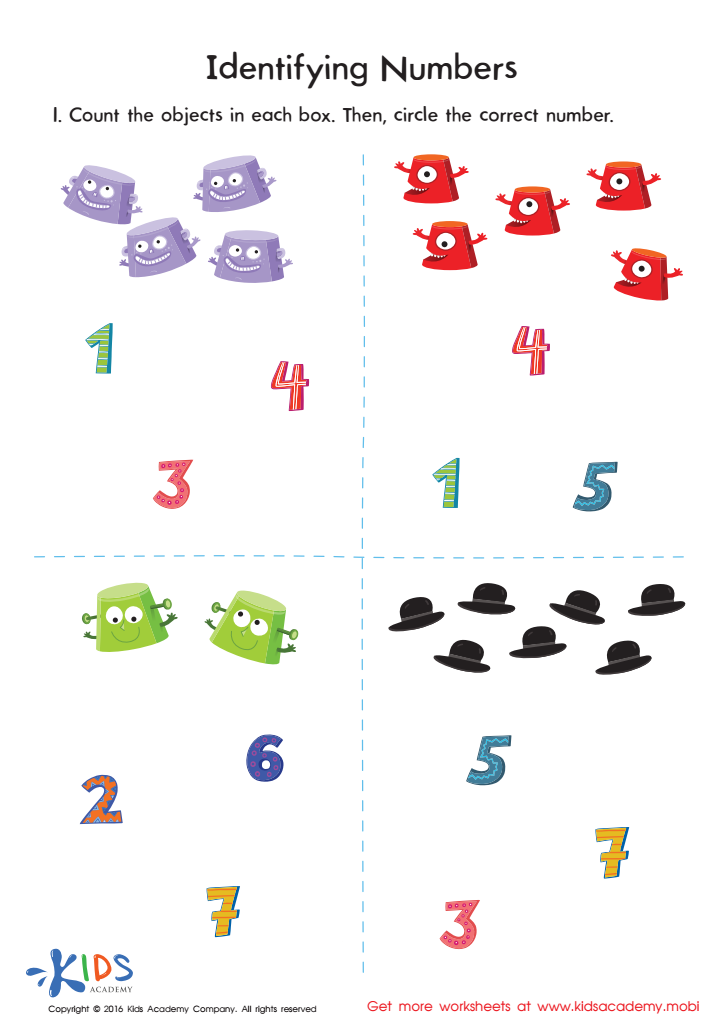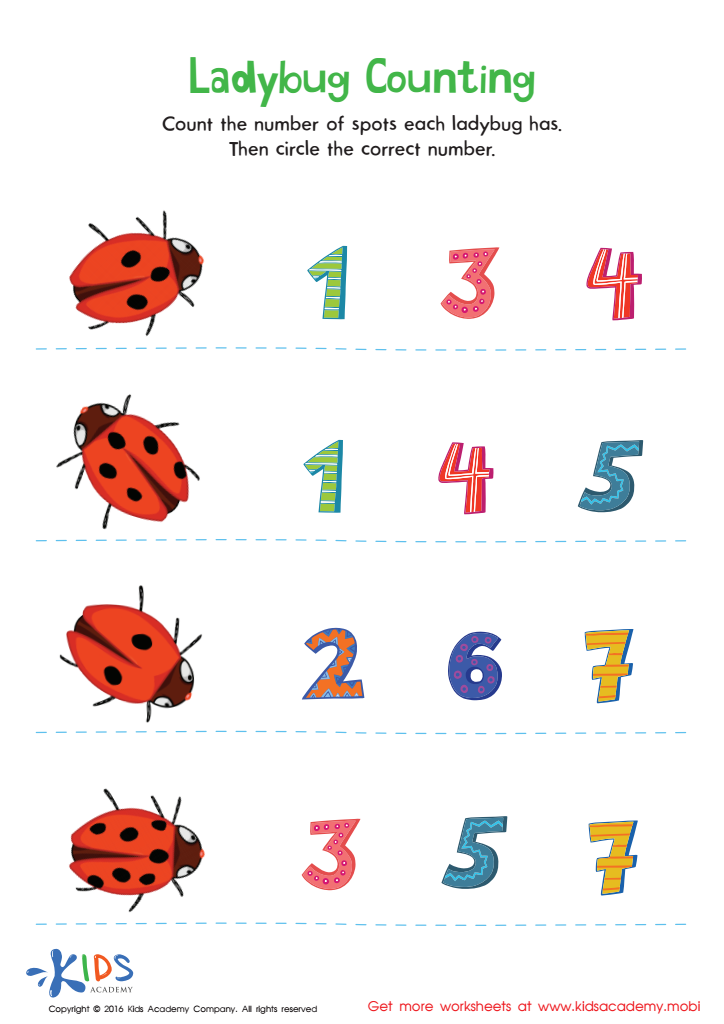Number Recognition Extra Challenge Matching Worksheets for Ages 5-8
6 filtered results
-
From - To
Explore our engaging "Number Recognition Extra Challenge Matching Worksheets for Ages 5-8," designed to enhance your child's math skills! These interactive worksheets help young learners strengthen their number recognition through fun matching activities. Perfect for home or classroom use, these exercises encourage critical thinking while enabling children to identify and match numbers with corresponding visuals. Our thoughtfully crafted worksheets cater to various skill levels, ensuring that every child can progress at their own pace. Support your child's mathematical journey and boost their confidence with these effective and enjoyable number recognition challenges. Download today and watch them excel in their learning!
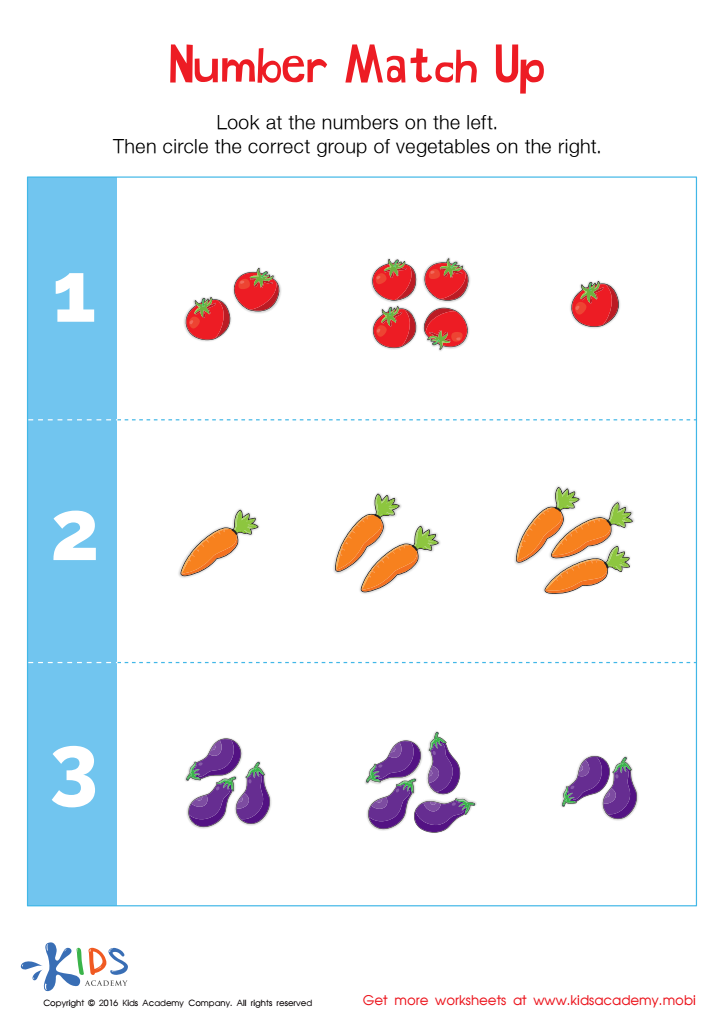

Number Match Up Worksheet
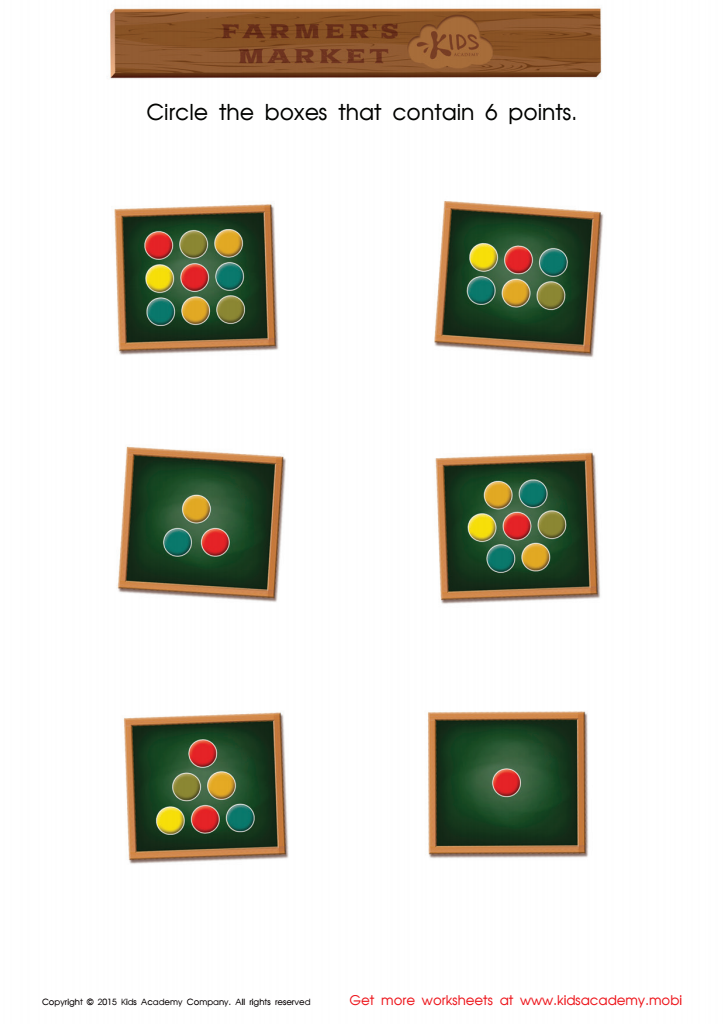

Count and Match Points 6 Math Worksheet
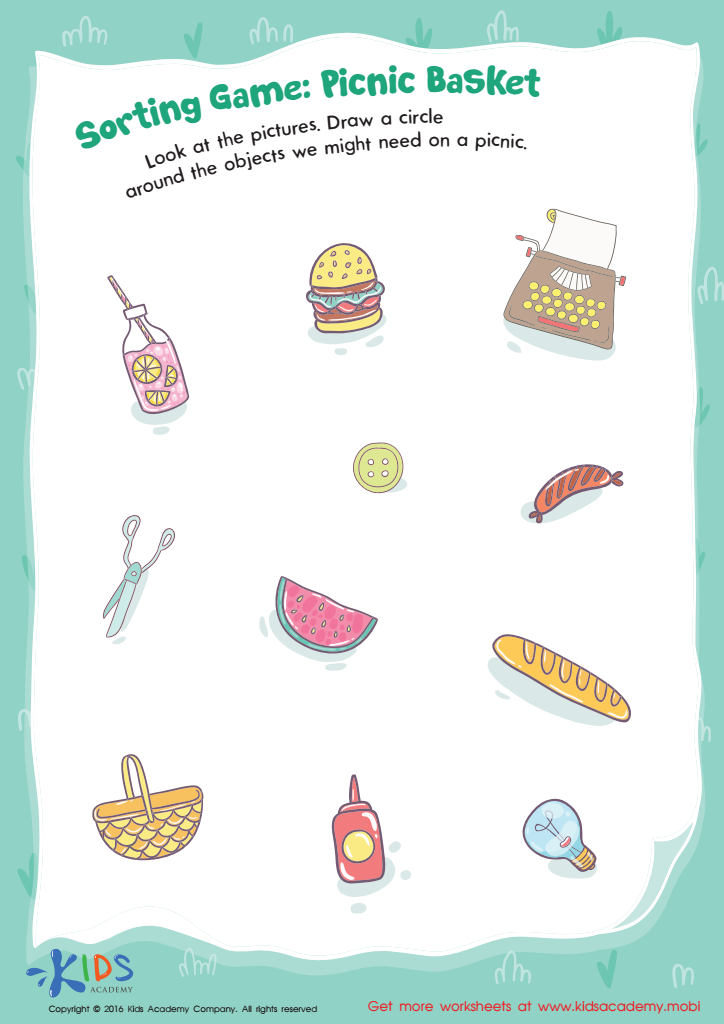

Picnic Basket Sorting Worksheet
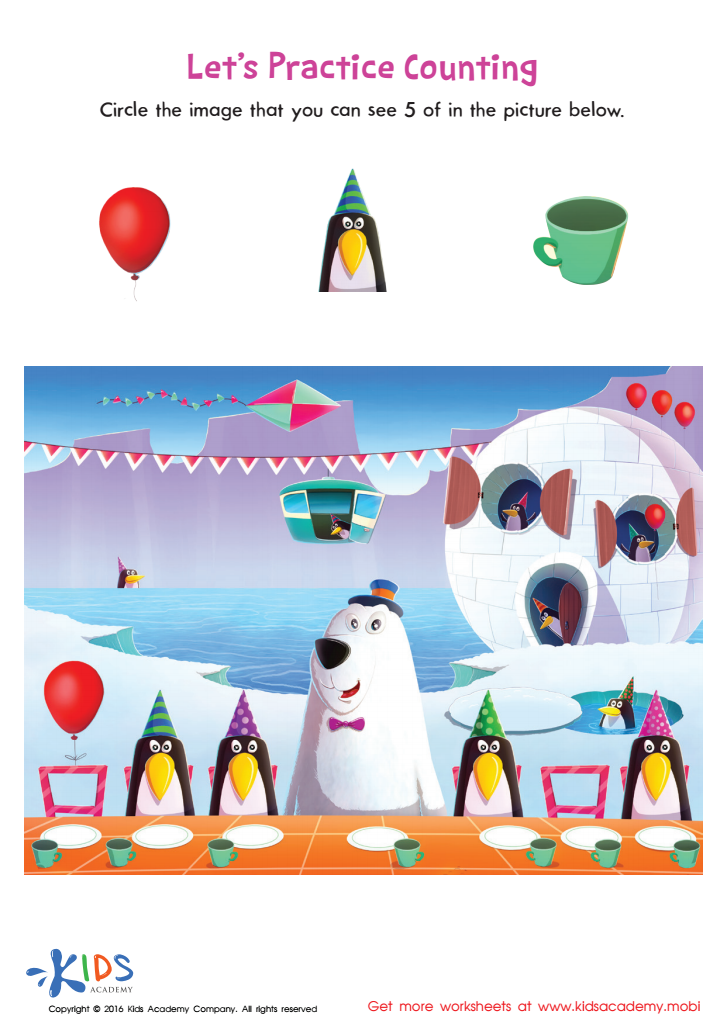

Counting Worksheet: Let's Practice Counting
Number recognition is a foundational skill in early childhood education, particularly for children aged 5-8. Incorporating extra challenges, like Number Recognition Extra Challenge Matching, is essential for several reasons. First, it helps reinforce a child's understanding of numbers, facilitating cognitive development by aiding their ability to identify, compare, and organize numbers confidently. This skill translates directly into mathematical proficiency later on.
Secondly, incorporating these activities caters to varied learning styles. Gamified matching challenges engage kinesthetic and visual learners, making the process enjoyable and impactful. When parents or teachers prioritize challenging activities, they cultivate a mindset of resilience in children, promoting problem-solving and critical thinking skills.
Furthermore, consistent exposure to number recognition activities enhances overall academic performance and prepares kids for more advanced mathematical concepts. This early intervention can help identify and support children who may struggle, ensuring they receive the additional help needed to succeed.
Ultimately, Number Recognition Extra Challenge Matching fosters a love for learning, creating a strong mathematical foundation and enhancing self-esteem as children experience success in their learning processes. Engaging children in such activities exemplifies proactive parenting and teaching, laying the groundwork for lifelong success in mathematics and beyond.
 Assign to My Students
Assign to My Students

